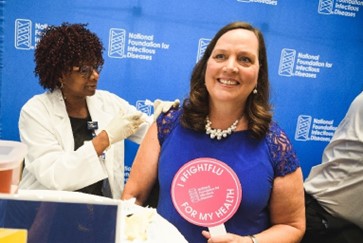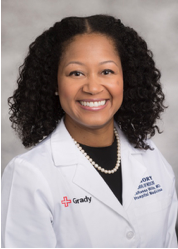Category: patient safety
Effective diagnostic processes and patient safety means not having to ask “What if”

“What If” I was seen, heard, and treated like a partner? Regarded as the greatest English novelist during the Victorian Era, Charles Dickens once said, “It was the best of times, it was the worst of times, it was the age of wisdom, it was the age of foolishness.” Those words never rang truer than Read More >
Posted on by 2 Comments6 Tips for Patients to Avoid Healthcare-Associated Infections

When a loved one is hospitalized, the last thing anyone wants is for them to get an infection while receiving care. Yet, according to the Centers for Disease Control and Prevention (CDC), on any given day, about 1 in 31 U.S. hospitalized patients has a healthcare-associated infection (HAI). An HAI is an infection that develops Read More >
Posted on by 6 CommentsCelebrating Black History and Advancing Health Equity for Safer Patient Care

February is Black History Month, a time to reflect on the contributions and experiences of African Americans throughout United States history. This year, CDC’s Project Firstline had the privilege of speaking with Dr. TaRessa Wills, a Black female physician, about what the observance means to her and the importance of advancing health equity to Read More >
Posted on by 1 CommentGerms Lead the Way: Exploring Microbial Ecology to Elevate the Fight Against Antimicrobial-resistant Healthcare-associated Infections

Three to four billion years ago, microbes (germs) were the first life on earth. They have thrived for millions of years longer than humans have existed. Much like humans, microbes have complex social and physical communities and are always evolving. These microbial communities are home to helpful germs and pathogens (harmful germs). Better understanding the Read More >
Posted on by 6 CommentsMedication Safety for Parents & Caregivers

When our children don’t feel well, we parents will look to just about anything to bring them comfort. Many times, this means reaching for medication to ease their symptoms. As a pediatrician, I know the safest place to store medicine in between uses is in a location up and away. But as a mom, I’ve Read More >
Posted on by
